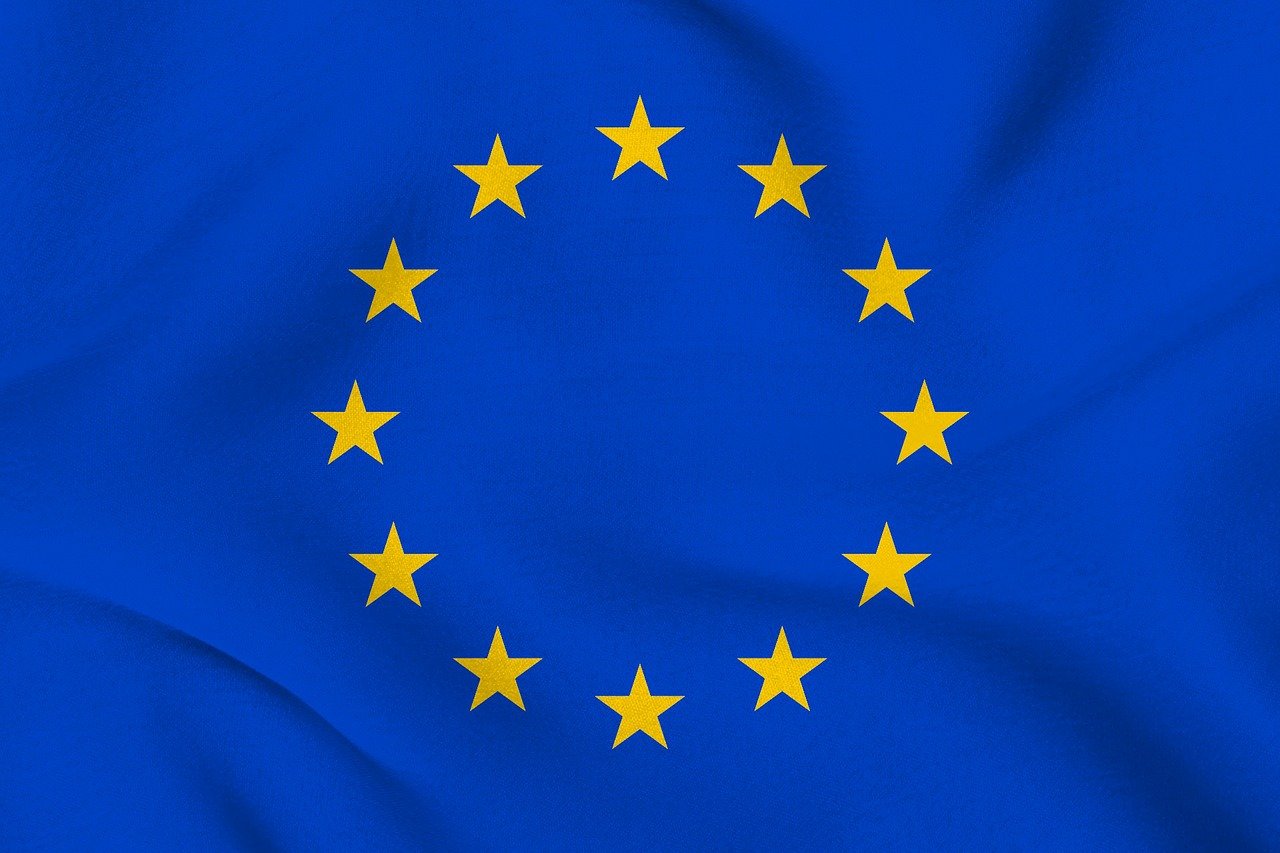Europe’s MiCA Regulation Raises Concerns for Stablecoin Issuers and Web3 Firms
29.10.2024 11:30 1 min. read Kosta Gushterov
Europe's upcoming Markets in Crypto-Assets Regulation (MiCA), effective December 30, poses significant challenges for stablecoin issuers by requiring them to hold at least 60% of reserves in European banks.
Tether’s CEO, Paulo Ardoino, warns that this could introduce systemic risks, as banks can lend out up to 90% of their deposits. For instance, a stablecoin issuer managing €10 billion would need to deposit €6 billion, leaving only €600 million accessible after banks lend out most of the funds.
The MiCA regulations also mean that a larger share of stablecoin reserves will be held on bank balance sheets, which could be problematic if a bank fails.
Ardoino emphasizes that while deposits are insured up to €100,000, anything above that would be at risk in bankruptcy. He advises stablecoin issuers to invest in securities like treasury bills to protect against bank failures.
In response to MiCA, major financial institutions are gearing up, with Societe Generale partnering with Bitpanda to launch the euro-denominated EUR CoinVertible.
However, concerns arise that MiCA may lead to the exodus of smaller Web3 firms from Europe, as larger companies may consolidate and acquire talent from their smaller competitors.
Companies like Kraken are also preparing for the regulatory changes by acquiring established crypto firms to expand their European presence.
-
1
U.S. State of Connecticut Blocks Crypto from Public Sector Operations
12.06.2025 16:00 1 min. read -
2
Federal Reserve Clears Path for Banks to Enter Crypto Market
24.06.2025 8:00 2 min. read -
3
Vietnam Charts a Clear Course for Digital Assets With New 2026 Law
16.06.2025 18:00 1 min. read -
4
GENIUS Act Clears Senate, Setting Stage for First U.S. Crypto Law
18.06.2025 12:00 1 min. read -
5
Coinbase and Set Gemini to Expand in EU Under MiCA Rules
17.06.2025 13:00 2 min. read
Crypto Advocates Back Sen. Cynthia Lummis’ Push to Reform Digital Asset Tax Rules
As the U.S. Senate debates a sweeping reconciliation package dubbed the “Big, Beautiful Bill,” crypto industry advocates are rallying behind an amendment introduced by Senator Cynthia Lummis aimed at reforming outdated and burdensome tax rules for digital assets.
Germany’s Largest Banking Group Sparkassen to Offer Crypto Trading by 2026
In a major shift from its earlier stance, Sparkassen-Finanzgruppe — Germany’s largest banking group — is preparing to introduce cryptocurrency trading services for retail clients by the summer of 2026, according to a report from Bloomberg.
Kazakhstan to Establish State Crypto-Reserve Under Central Bank Oversight
Kazakhstan is taking a major step toward integrating digital assets into its national financial strategy, with plans to establish a state-managed crypto-reserve.
Europe’s Largest Euro-Denominated Spot Crypto Exchange Secures License Under MiCA
Bitvavo, Europe’s largest euro-denominated spot crypto exchange, has officially received a MiCA license from the Dutch Authority for the Financial Markets (AFM), allowing the firm to operate across all 27 European Union member states.
-
1
U.S. State of Connecticut Blocks Crypto from Public Sector Operations
12.06.2025 16:00 1 min. read -
2
Federal Reserve Clears Path for Banks to Enter Crypto Market
24.06.2025 8:00 2 min. read -
3
Vietnam Charts a Clear Course for Digital Assets With New 2026 Law
16.06.2025 18:00 1 min. read -
4
GENIUS Act Clears Senate, Setting Stage for First U.S. Crypto Law
18.06.2025 12:00 1 min. read -
5
Coinbase and Set Gemini to Expand in EU Under MiCA Rules
17.06.2025 13:00 2 min. read


